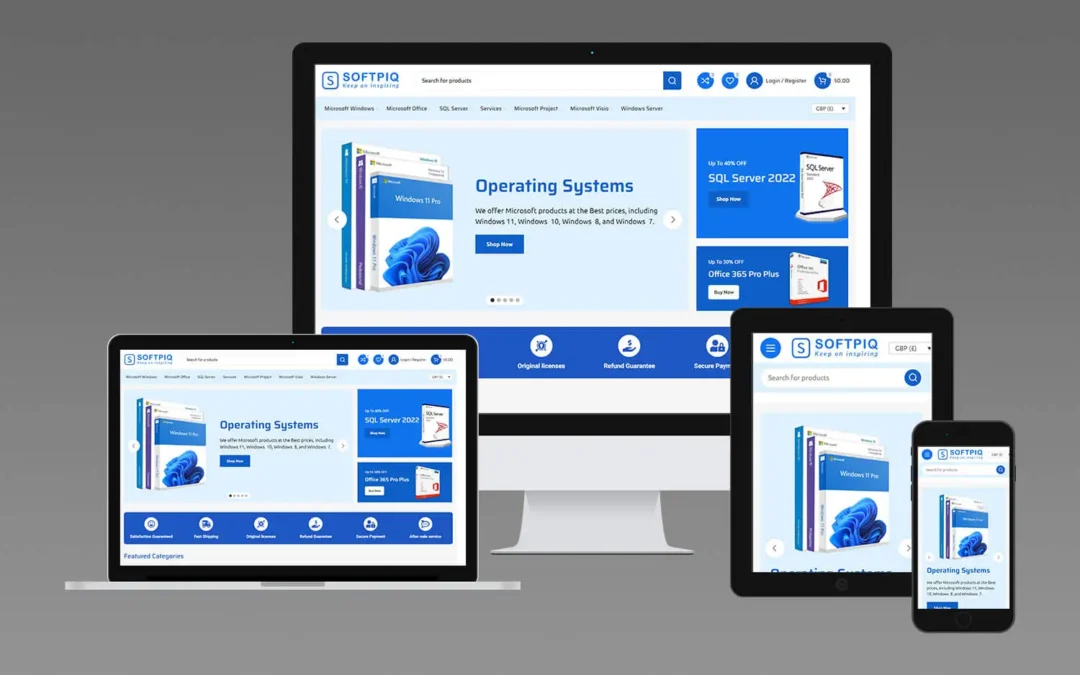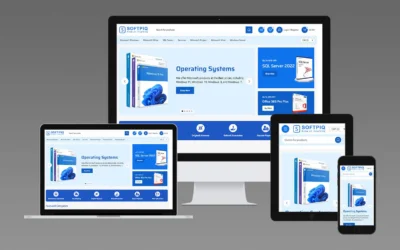Since the rise of e-commerce, businesses have been constantly searching for the perfect platform to sell their products and services online. With so many options available, it can be overwhelming to choose the right one for your business. In this document, we will compare two popular platforms – WordPress and Shopify – to help you make an informed decision for your e-commerce business.
Introduction
Before we dive into the comparison, let’s briefly introduce WordPress and Shopify. Both platforms are widely used for creating and managing websites, with a specific focus on e-commerce. WordPress is an open-source content management system (CMS) that powers over 40% of all websites on the internet, including e-commerce sites. It offers a wide range of customization options and is highly flexible, making it popular among businesses of all sizes. On the other hand, Shopify is a dedicated e-commerce platform that allows users to create and manage online stores with ease. It offers a user-friendly interface and is known for its simplicity in setting up an online store.
Features
One of the most important factors to consider when choosing a platform for your e-commerce business is the features it offers. Both WordPress and Shopify have different offerings, so let’s take a closer look:
WordPress
Since WordPress is an open-source platform, it can be customized to meet the specific needs of each business. It offers thousands of themes and plugins that allow users to create unique and personalized online stores. Some popular e-commerce plugins for WordPress include WooCommerce, Easy Digital Downloads, and WP eCommerce. These plugins offer various features, such as inventory management, payment gateways, shipping options, and more.
Shopify
As a dedicated e-commerce platform, Shopify offers all the necessary features to run an online store without the need for additional plugins or integrations. It comes with a user-friendly interface and offers features such as inventory management, payment processing, shipping options, abandoned cart recovery, and more. Shopify also has a dedicated app store where users can find additional features and integrations to enhance their online store.
Pricing
Another crucial factor that businesses consider when choosing an e-commerce platform is the cost. Let’s compare the pricing plans of WordPress and Shopify:
WordPress
WordPress itself is free to use, but users will need to purchase a domain name and hosting plan to create their website. Some e-commerce plugins for WordPress, such as WooCommerce, are also free to use. However, certain features and add-ons may come at an additional cost. Overall, the cost of using WordPress for an e-commerce business can vary based on the specific needs and requirements of each business.
Shopify
Shopify offers three pricing plans – Basic, Standard, and Advanced. The Basic plan starts at $29 per month, while the Advanced plan costs $299 per month. Additional fees may apply for payment processing and third-party apps. While Shopify may seem more expensive upfront, it includes all the necessary e-commerce features in its plans, making it a more cost-effective option for businesses.
Design and Customization
Having an attractive and user-friendly website is crucial for any e-commerce business. Let’s see how WordPress and Shopify compare when it comes to design and customization:
WordPress
With thousands of themes and plugins available, WordPress offers endless possibilities for designing an online store. Users can choose from a variety of themes, both free and paid, to create a unique and visually appealing website. WordPress also allows users to make customizations using HTML, CSS, and PHP codes.
Shopify
Shopify offers over 70 professionally designed themes that are optimized for e-commerce websites. All the themes are mobile-responsive and can be customized using the drag-and-drop feature. While the number of themes may be limited compared to WordPress, Shopify focuses on providing high-quality and visually appealing designs for its users.
SEO Capabilities
Search engine optimization (SEO) is crucial for driving traffic to your online store. Let’s see how WordPress and Shopify perform in terms of SEO capabilities:
WordPress
WordPress is known for its strong SEO capabilities, thanks to various plugins and tools available for optimizing websites. Users can easily add meta descriptions, alt tags, and other SEO elements using plugins such as Yoast SEO and All in One SEO Pack.
Shopify
Similar to WordPress, Shopify also offers various SEO features such as customizable meta titles and descriptions, sitemap generation, and canonical URLs. However, some advanced SEO capabilities may require the use of third-party apps or coding knowledge.
Support and Resources
Having access to reliable support and resources is important for any business, especially when it comes to managing an online store. Let’s compare the support options available for WordPress and Shopify:
WordPress
As an open-source platform, WordPress has a large community of developers and users who share their knowledge and expertise through forums, tutorials, and guides. Some e-commerce plugins for WordPress also offer dedicated support for their users.
Shopify
Shopify offers 24/7 customer support through various channels, including live chat, email, and phone. It also has a help centre with resources such as tutorials, webinars, and a community forum where users can seek advice and share knowledge.
Conclusion
Both WordPress and Shopify have their strengths and capabilities when it comes to e-commerce. Ultimately, the platform you choose will depend on your specific business needs and goals. If you’re looking for a highly customizable option with endless possibilities, WordPress may be the right choice for you. However, if you prefer a user-friendly and all-in-one solution, Shopify may be the better option. Regardless of which platform you choose, with the right strategy and efforts, your e-commerce business can thrive on either WordPress or Shopify. So take some time to assess your needs and choose the platform that best fits your unique business needs!



0 Comments